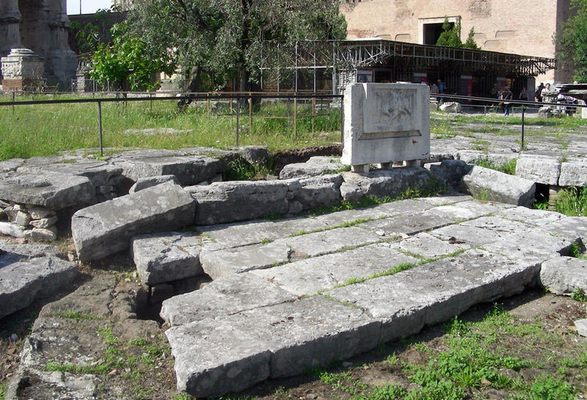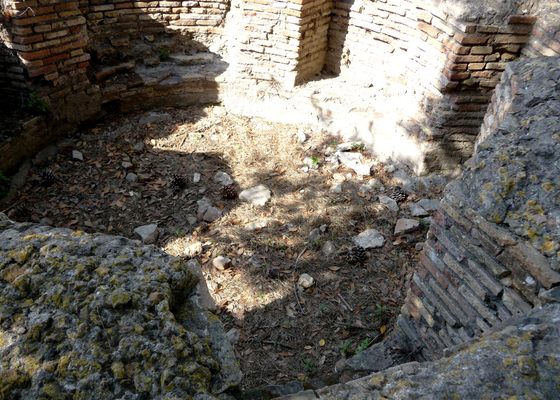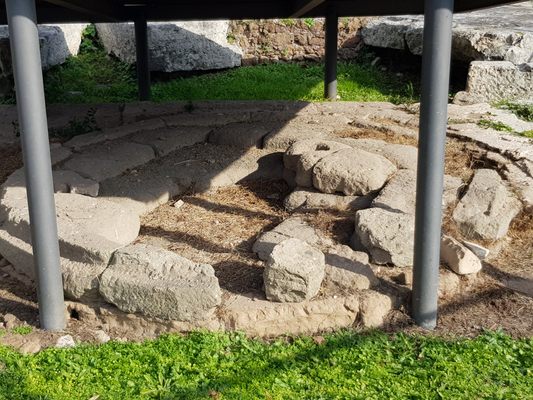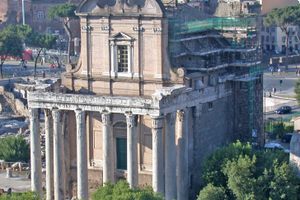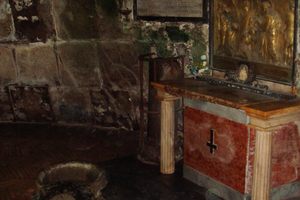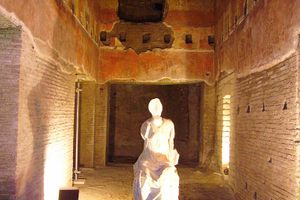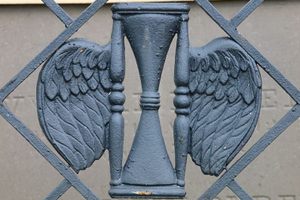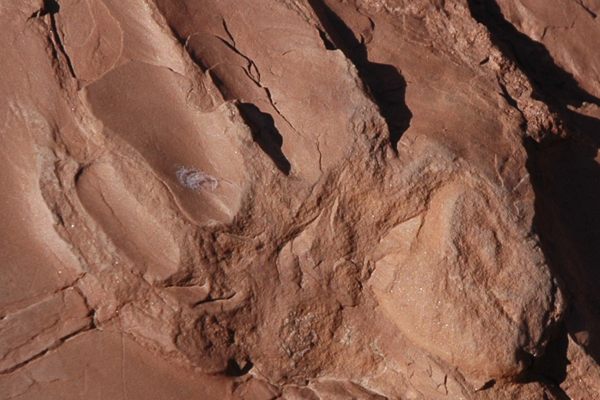About
It doesn’t look like much nowadays. The Lacus Curtius (or "Lake of Curtius") is filled in and paved over, no more than a circular slab of ancient stone set in the middle of the Roman Forum. In ancient times however, this deep chasm was shrouded in rich superstitions.
The details regarding the Lacus Curtius – its origins and significance – have been lost in time. Even by Rome’s late Republican period these details were becoming murky. However, the name would seem to suggest a connection to the noble Roman family known as the "Curtia Gens."
One of the better known stories associated with the site was told by the historian Livy. When an oracle foretold the fall of Rome, it was predicted that the city could only survive by sacrificing that which it held most dear: "quo plurimum populus Romanus posset." The pit opened of its own accord, a deep passage to the underworld that stood ready to accept the sacrifice. Marcus Curtius recognized that the dearest thing to Rome was her brave young soldiers – and so dressed in full battle armor, he rode his horse into the pit. Marcus Curtius died, but Rome was saved.
An alternative story, courtesy of Titus Livius, holds that a Sabine horseman known as Mettius Curtius fell into the pit while fighting Romulus himself during the battle that followed the Rape of the Sabine Women. A stone relief discovered in 1553 beside the Temple of Castor illustrates this particular myth.
A third account comes from the Roman historian Marcus Terentius Varro. Varro wrote that the pit was formed when lightning struck the Forum in the 5th century; and that the name is taken from Gaius Curtius Philon, the consul who subsequently consecrated the site.
Geological evidence and other historical sources tell us that the Roman Forum – once an area of wild swamp – was drained in the late seventh century. Most of the area was paved, save for a small pool that remained at the centre of the Forum.
The true origins of the Lacus Curtius are now lost in the mists of time, and all that remains is the stone slab which seals the pit: an ancient manhole cover so often overlooked by Rome’s many thousands of tourists.
Related Tags
Flavors of Italy: Roman Carbonara, Florentine Steak & Venetian Cocktails
Savor local cuisine across Rome, Florence & Venice.
Book NowPublished
July 1, 2013
